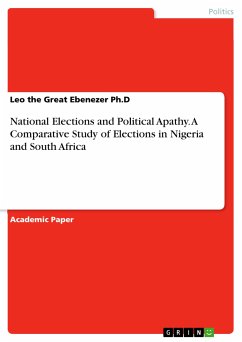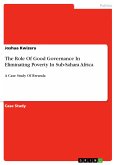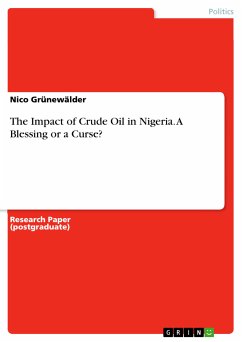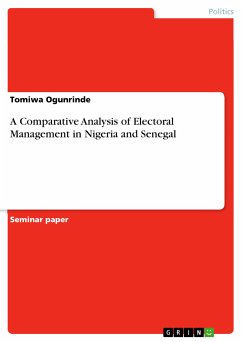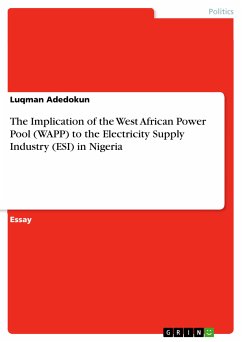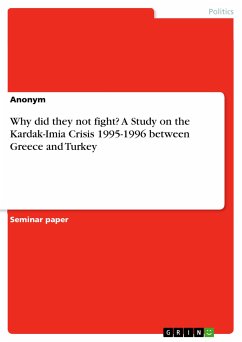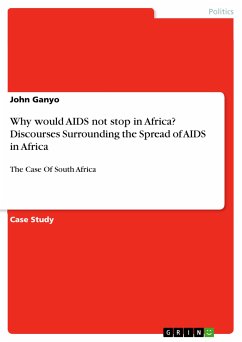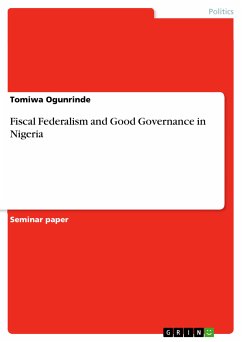Academic Paper from the year 2021 in the subject Politics - Region: Africa, grade: 4.5, , course: African Electoral Democracy, language: English, abstract: This research examines the impact of political apathy on electoral participation in Nigeria and South-Africa in the 2019 general elections in both countries. The objectives are to determine the causes of political apathy in the electoral participation of citizens of Nigeria and South-Africa in their 2019 general elections and to examine the impact of political apathy on the electoral process in both countries. Furthermore the author determines the trend of political apathy (voter turnout) in the general elections in Nigeria and South-Africa from 1999 to 2019, and from 1994 to 2019 respectively. The necessity of this research was borne out of the need to address the increasing rate of political apathy especially voter turnout in both democratic nations. Political participation (voter turnout) was 70% in 2003 in Nigeria when it peaked after four years of democracy. In South Africa, it was 89% in 1999 when participatory electoral democracy was restored. This had declined to 35% in Nigeria in 2019 and 63% in South-Africa in 2019 elections, representing 35% and 26% decline at the peak of electoral participation in both countries respectively. The causes of political apathy in the two countries have been attributed to lack of mobilization of the electorate, political marginalization, corruption, lack of political accountability, lack of motivation, lack of trust in the electoral process, failed promises by political leaders, lack of civic engagements, political violence, thuggery and militarization of the electoral process, political deception, powerlessness of votes etc. Citizens' loss of interest in the electoral system in both countries has clearly undermined increased participation in the political and electoral processes. The Rational Choice Theory (Downs, 1959) was used. This work observed an obvious decline in political participation in both countries. This was evident in the 2019 national elections in both countries. Lack of trust in the electoral process has undermined electorate's interest in the political system.
Dieser Download kann aus rechtlichen Gründen nur mit Rechnungsadresse in A, B, BG, CY, CZ, D, DK, EW, E, FIN, F, GR, HR, H, IRL, I, LT, L, LR, M, NL, PL, P, R, S, SLO, SK ausgeliefert werden.

